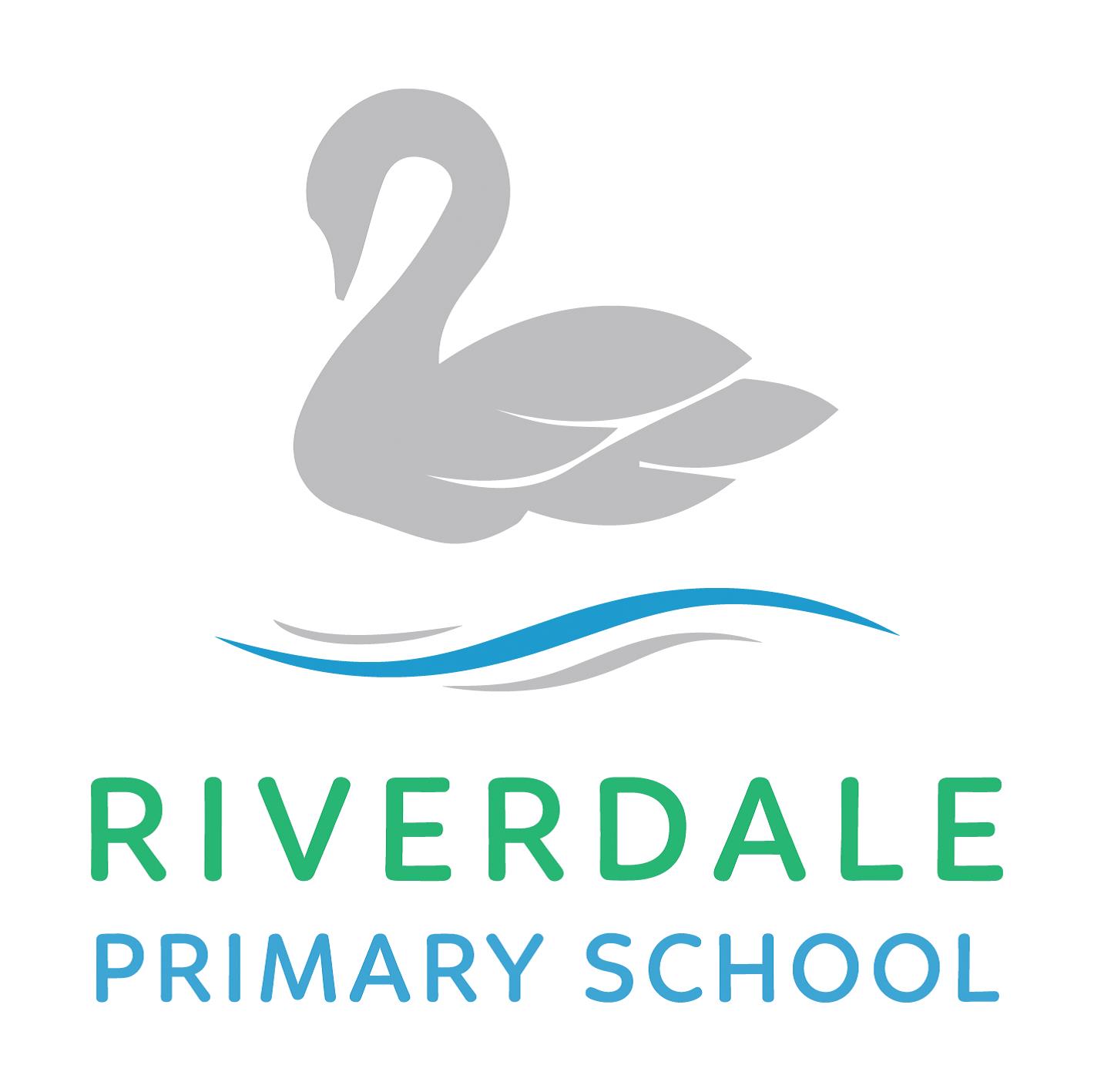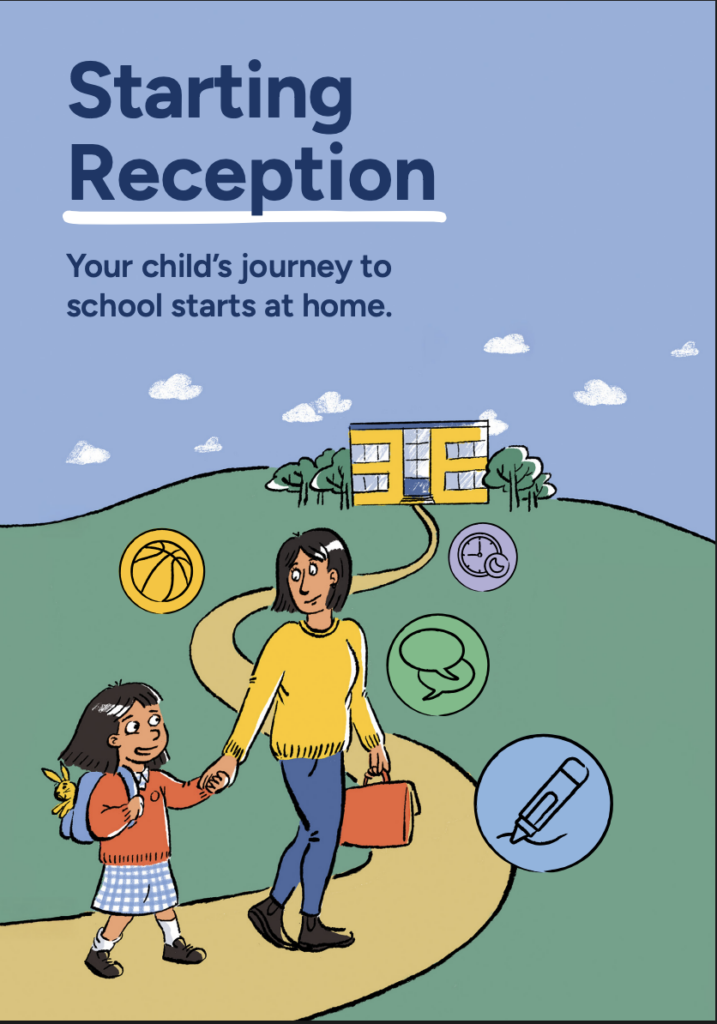EYFS
Welcome to Early Years at Riverdale Primary School
A very warm welcome to all our new children and families joining the Early Years at Riverdale Primary School! We are so pleased to begin this exciting journey with you and look forward to working in close partnership throughout your child’s time with us.
At Riverdale, we know that the Early Years are a vital foundation for a child’s learning and development. Our Nursery and Reception classes offer a caring, stimulating and well-organised environment where children feel safe, supported and eager to explore the world around them. Every child is valued as an individual, and we take pride in nurturing their unique interests, strengths and personalities.
Our curriculum is rich, engaging and built around purposeful play. Through hands-on experiences, storytelling, songs, outdoor learning and carefully structured activities, we help children develop essential skills in communication, early reading and maths, physical development and personal and social confidence. Most importantly, we foster a lifelong love of learning.
Our experienced and passionate Early Years team are dedicated to ensuring every child gets the best possible start. We understand how important those first days and weeks of school are, and we work closely with families to ensure a smooth, happy transition into school life. We value your input, celebrate your child’s successes, and are always here to support you and your family.
We look forward to welcoming you into our school community and to a wonderful year of learning, laughter and discovery in the Early Years at Riverdale.
Learning in the Early Years
At Riverdale Primary School, our Early Years curriculum is carefully designed to provide children with the strongest possible start to their educational journey. It is rooted in the Early Years Foundation Stage (EYFS) framework and shaped by our commitment to nurturing each child’s curiosity, confidence, and love of learning.
A Curriculum That Builds Strong Foundations
We offer a broad and balanced curriculum that supports children’s development across all seven areas of learning:
- Prime Areas: Communication and Language, Physical Development, and Personal, Social and Emotional Development
- Specific Areas: Literacy, Mathematics, Understanding the World, and Expressive Arts and Design
Our curriculum is thoughtfully planned to build the essential knowledge, skills and vocabulary that children need, helping them to become confident learners who are ready for the next stage of school life.
A Spiralling, Connected Learning Journey
From Nursery through to the end of Reception, we introduce and revisit key ideas to deepen understanding over time. This spiral approach ensures children build on what they know, reinforcing key learning and making meaningful connections across the curriculum.
Play-Based, Child-Centred Learning
We believe that children learn best through purposeful play. Our learning environment is rich with opportunities for exploration, investigation and discovery. Adults carefully observe and respond to children’s interests, creating learning experiences that are both engaging and challenging.
Children are encouraged to follow their own ideas, solve problems, ask questions and express themselves in a variety of ways. Whether indoors or outdoors, our provision supports imaginative, active and collaborative learning every day.
Tailored Support and Strong Relationships
We take time to get to know each child as an individual. By building trusting relationships and understanding their unique interests and needs, we provide tailored support that helps every child thrive.
We also value our partnership with families. Parents and carers are welcomed into the learning process, and we work closely together to celebrate progress and share in each child’s achievements. Together, we create a supportive, inclusive environment where all children feel safe, happy and excited to learn.
Please click the image below for information around starting reception:





